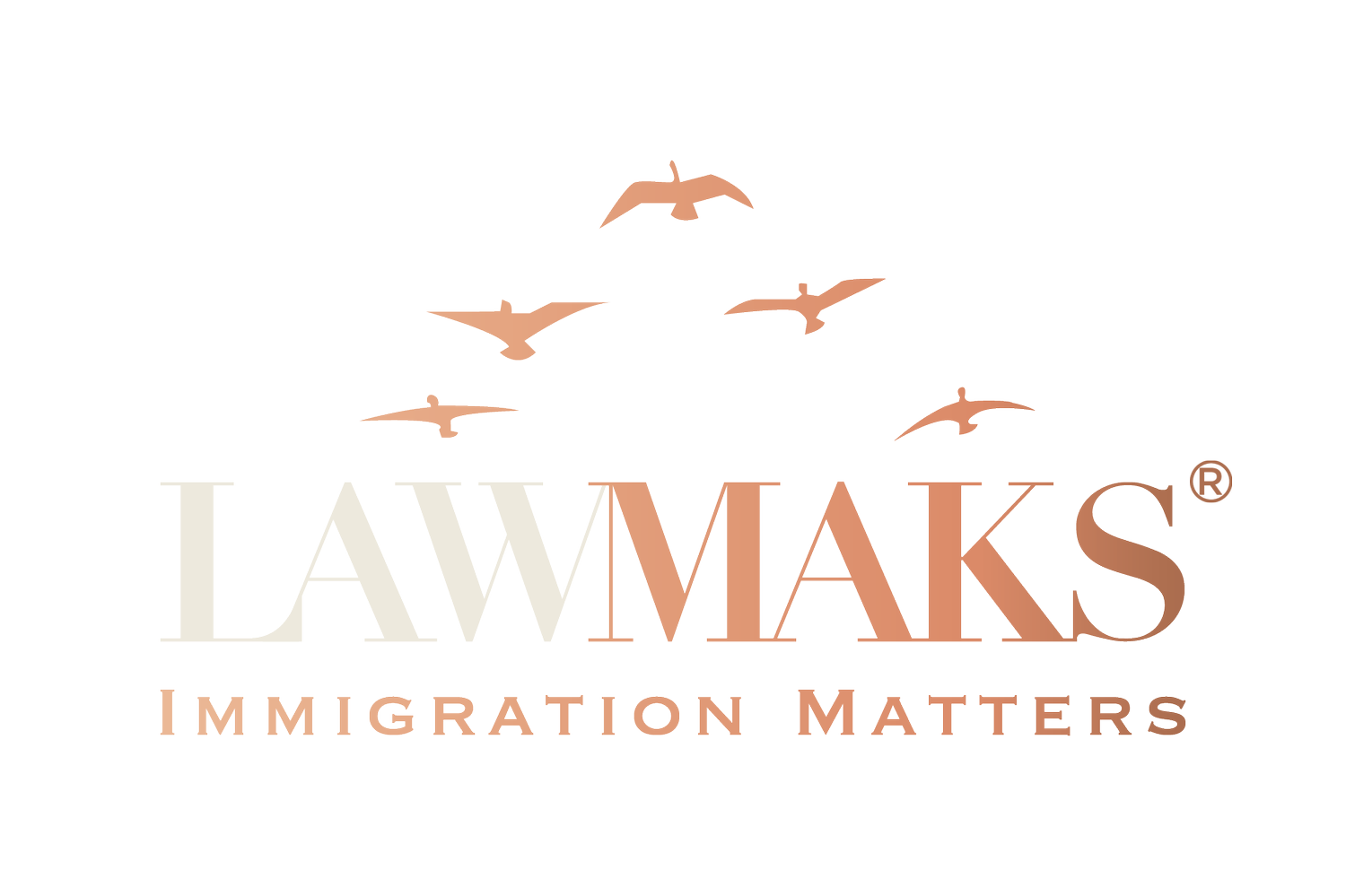The employment-based visa is generally for any foreign citizen who wishes to enter the United States for a temporary fixed amount of time with a non-immigrant status.
The employer who wishes for the foreign citizen to work for them would need to file a petition with United States Citizenship and Immigration Services (USCIS) on the foreign-citizen employee’s behalf. U.S. companies may consider the following visa categories when considering hiring a foreign employee, in order to work out the best possible match with the visa applicant’s education and background:
Employment Based Visas
What is it?
Temporary Worker Visas Categories
H-1B Visa
H-1B Cap Season Coming in March
The timeline for employers to sponsor a foreign national for an H-1B visa begins in early March. All registrations must be submitted electronically.
This work visa category is the “Specialty Occupation” category for which a U.S. Bachelor’s degree or the equivalent in a special field is required. Examples include teachers, engineers, and scientists, including pharmacists. This petition must be filed by an employer and the beneficiary is authorized to work only for that employer.
It is important to note that there is an annual cap of 65,000 H-1B visas, plus an additional 20,000 for holders of Master’s Degrees from US institutions so thousands of qualified applicants are rejected each year simply because of the limitation in the number of available visas.
Spouses and unmarried children under age 21 may accompany these visa holders under the H-4 Visa category, but may not initially accept employment.
H-2B Visa
This visa category allows US employers to hire foreign workers for Nonagricultural services on a temporary, seasonal, or intermittent basis. This visa requires certification by the Department of Labor and has an annual limitation on visas, which is generally quickly reached.
H-3 Visa
This visa is for “on-the-job” training purposes where the training is meant to further the individual’s career in their home country. US Immigration has very strict qualifications for this visa, and the training program must not be available in the foreign worker’s (Trainee) home country.
The US Company and the Trainee’s qualifications must be evaluated very carefully in order to maximize the chances of a successful visa.
TN Visa
TN visas have similar requirements to H-1Bs, but without the cap, so they can be filed at any time of the year.
They are available to Canadian and Mexican citizens as a result of the North American Free Trade Agreement (NAFTA).
The visa applicant must have a professional job, sponsored by an employer. The job title must be on the TN list and have the qualifications to practice the profession.
Canadian citizens can have their applications adjudicated at the port of entry.
Mexicans must obtain a visa.
Canadians or Mexicans who are in the United States can apply for a Change of Status to TN.
This visa is a valuable alternative to the H-1B for Canadians and Mexicans because it is not subject to the cap.
E-3 Visa
For Australian nationals, similar to the H-1B, but no cap, so can apply at any time of the year.
Requires an employment offer in a specialty occupation and labor condition from the employer.
The period of stay is two years, with employment allowed for a spouse without further application.
Temporary Worker Visas Other
O Visa
This visa is used for individuals with extraordinary ability or achievement in the field of science, art, education, business, or athletics.
Also qualified are individuals with achievements in the field of motion picture and television fields. There is no annual visa limits with O-Visa, and some O-1 Visa holders may be able to pursue a U.S. Green Card without the need for Labor Certification.
This visa requires sponsorship by an employer or an agent.
Spouses and unmarried children under the age 21 of O-visa holders may qualify for O-3 Visas but they may not accept employment under the O-3 designation. O-Visa is a complex but very useful visa and may sometimes be used for H-1B Visa holders who are exhausting their 6-year term limit, or when the H-1B annual cap has been reached.
P-1 Visa
Individuals that are a member of an athletic team or entertainment group. In order to qualify for this visa, the member and/or group needs to be recognized internationally for their performance.
P-2 Visa
An individual who is an artist or entertainer to perform going under a reciprocal exchange program between an organization in the United States and an organization in the foreign country.
P-3 Visa
An individual who is an artist or entertainer that can perform, teach, and/or coach under a program based on culture or traditional ethnic, folk, musical, theater, or artistic performance/presentation.
Q-1 Visa
Individuals who wish to partake in an International Culture Exchange Program. This particular visa category is for training and employment, which allows the individual to share the history, culture, and traditions of their home country.

























